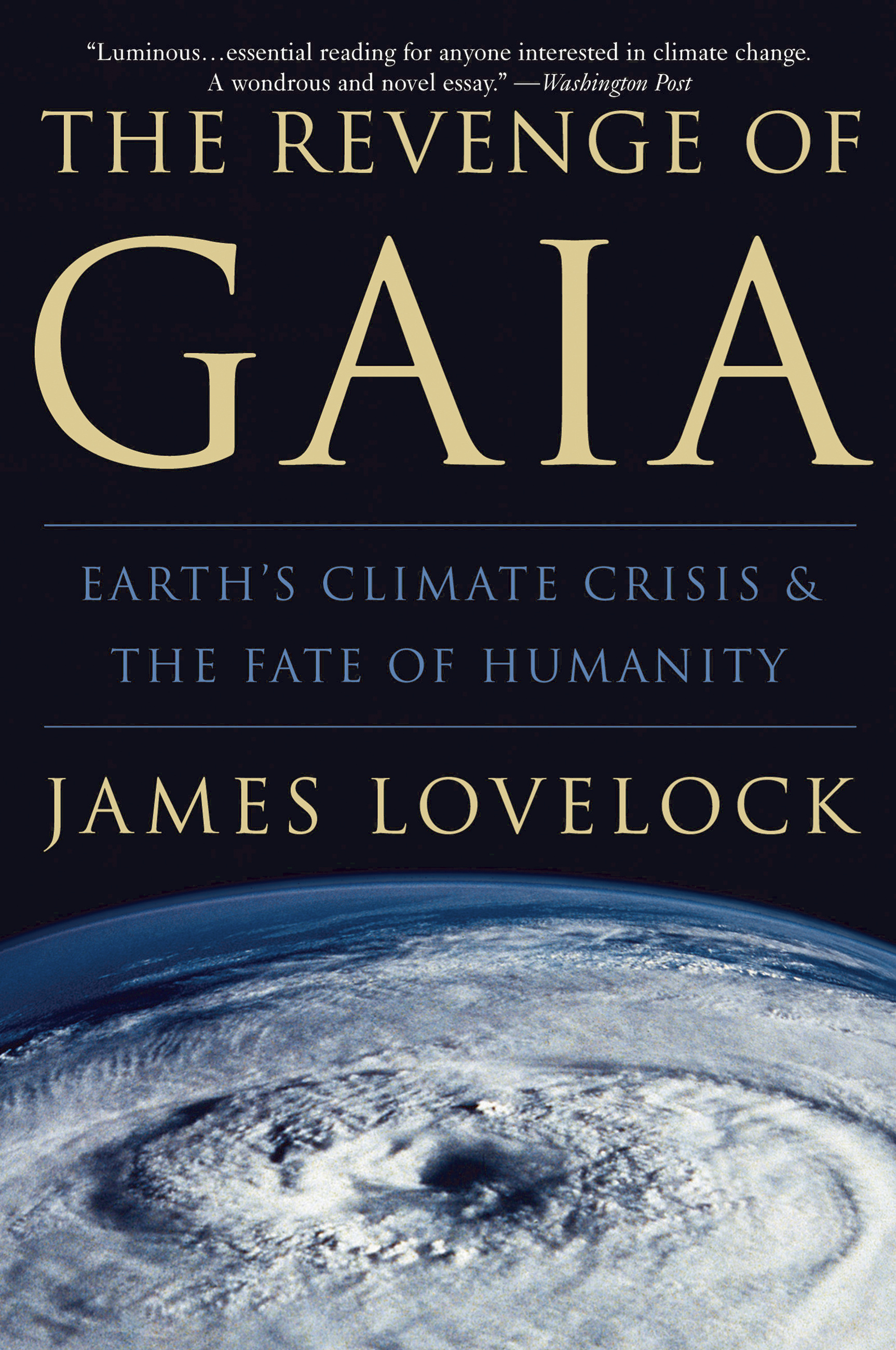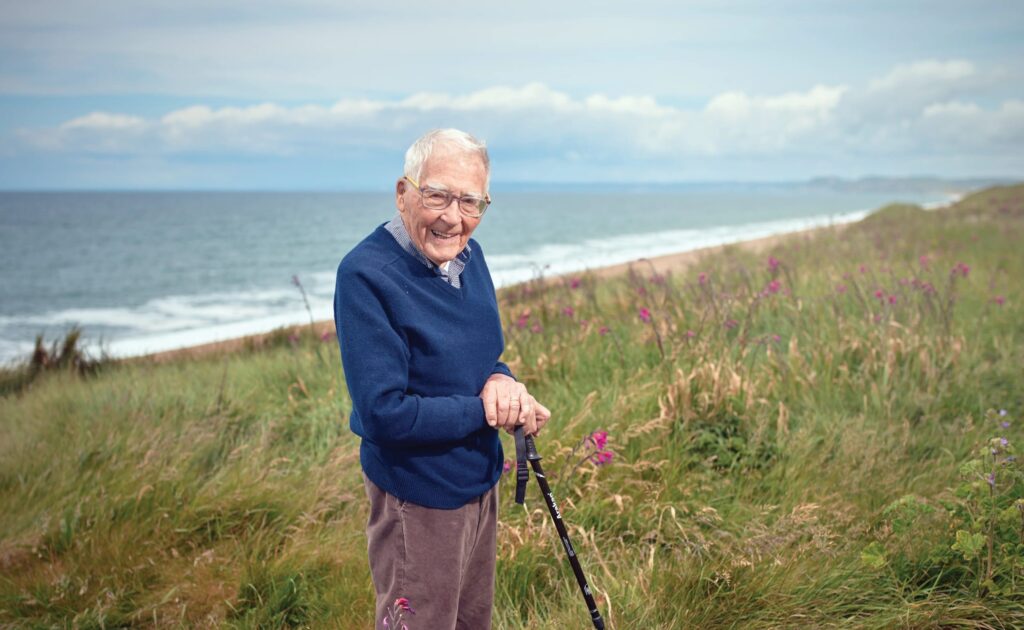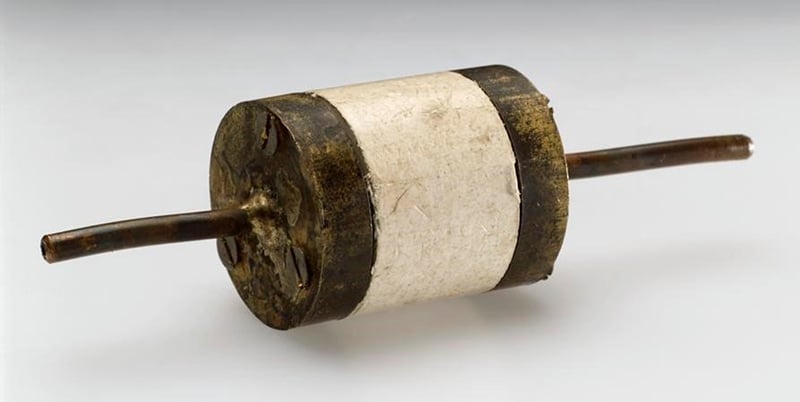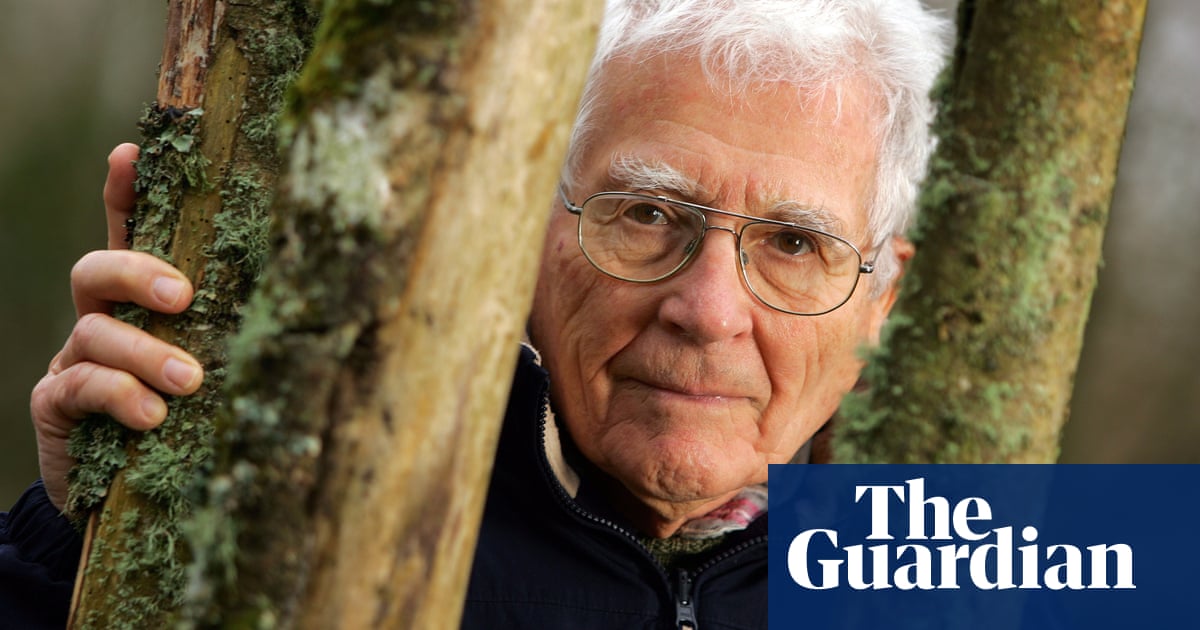James Lovelock: Visionary of Gaia
James Lovelock, a name revered in the field of environmental science, is a multifaceted figure whose contributions have shaped our understanding of the Earth and its ecosystems. Born on July 26, 1919, in Letchworth Garden City, England, Lovelock's early life was marked by an insatiable curiosity about the natural world. This curiosity would later drive his groundbreaking work in geophysiology, ultimately leading to his formulation of the Gaia theory.
The Formative Years
Growing up in a family that valued education, Lovelock explored the countryside, fostering a deep appreciation for nature. He pursued a degree in chemistry from the University of Manchester, followed by a Ph.D. at the London School of Hygiene & Tropical Medicine. His academic journey coincided with World War II, during which he worked on defenses against airborne viruses—a period that honed his skills in scientific problem-solving and innovation.
The Gaia Hypothesis: A Revolutionary Concept
The Gaia hypothesis, proposed by Lovelock in the 1970s, stands as one of his most notable achievements. This theory posits that the Earth functions as a self-regulating, complex system comprising the biosphere, atmosphere, hydrosphere, and geosphere, collectively maintaining conditions favorable for life. Gaia, named after the Greek goddess of the Earth, suggests that living organisms interact with inorganic elements to form a synergistic and self-sustaining environment. This paradigm-shifting concept compelled scientists and laypeople alike to view the Earth not merely as a collection of individual ecosystems, but as a unified, living entity.
Collaborations and the Scientific Community
The development of the Gaia hypothesis was also significantly influenced by Lovelock's collaboration with American microbiologist Lynn Margulis. Margulis contributed her expertise in microbial life to help substantiate Lovelock's ideas, adding credence and depth to the hypothesis. Despite initial resistance from parts of the scientific community, which was skeptical of what some perceived as an eco-centric approach, Gaia gradually gained acknowledgment as a credible scientific theory.
Impact and Critique
The Gaia hypothesis revolutionized the understanding of Earth's natural systems, influencing a myriad of disciplines from climate science to ecology and biogeochemistry. It invited researchers to consider holistic approaches when investigating environmental phenomena, encouraging the integration of various scientific perspectives. Nonetheless, the hypothesis has faced its fair share of critique. Some scientists argue that it presents a teleological perspective, attributing purpose or design to natural processes. However, Lovelock's intention was to illustrate the complex interdependencies that sustain planetary homeostasis, rather than suggest inherent purpose.
Lovelock's Later Works and Legacy
Beyond Gaia, Lovelock's career is characterized by a series of inventions and contributions to science and technology. He invented the electron capture detector (ECD), a device crucial in detecting trace amounts of chemical residues, thereby revolutionizing environmental chemistry. This invention significantly advanced our understanding of pollutant behaviors and concentrations in nature, underlying the importance of environmental stewardship.
Conclusion
James Lovelock's pioneering work has left an indelible mark on how we perceive and interact with our planet. By challenging conventional scientific paradigms, he inspired a shift towards integrated ecological thinking, prompting generations to contemplate the intricate relationships that sustain life on Earth. As we continue to address pressing environmental issues, Lovelock's legacy serves as a reminder of the profound insights that can emerge from viewing our planet as a cohesive, living organism.







Comments